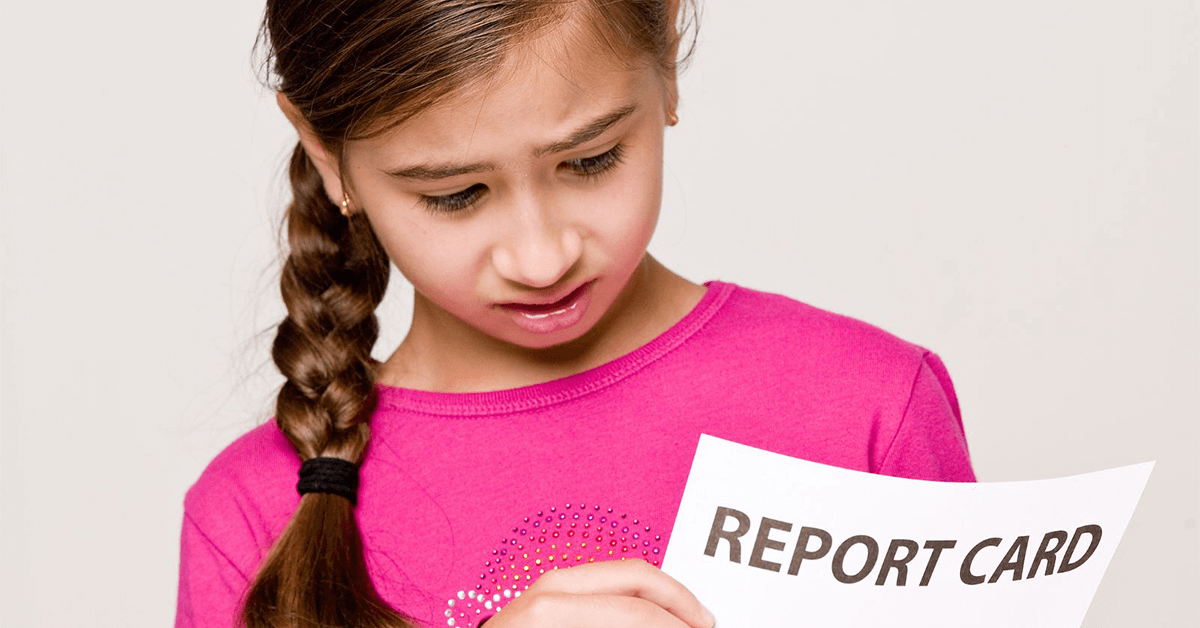November 16, 2022
It’s that time of year when parents and kids anxiously await their first report card. School is often the toughest area of functioning for neurodivergent kids and teens because academic performance requires using all of the executive functioning skills with which they struggle. For neurodivergent learners, classes can be interesting, compelling, boring, and/or frustrating. Either way, kids with ADHD, learning disabilities, autism spectrum disorders, or twice-exceptionality often face significant challenges that impact their productivity, concentration, and behavior. Even though they typically work hard to hold it all together at school as best they can, they frequently come home lacking the energy and focus to face homework, complete assignments, and remember to turn them in. Receiving a surprising report card can be upsetting and possibly frustrating for a caregiver, but keep in mind that your child is upset too. In this blog, I will share relatable stories of kids with ADHD and how they feel about report card time and school and how you as a caregiver can manage your reaction appropriately to then find agreeable report card solutions with your child.
Teen Time: About Keiran



